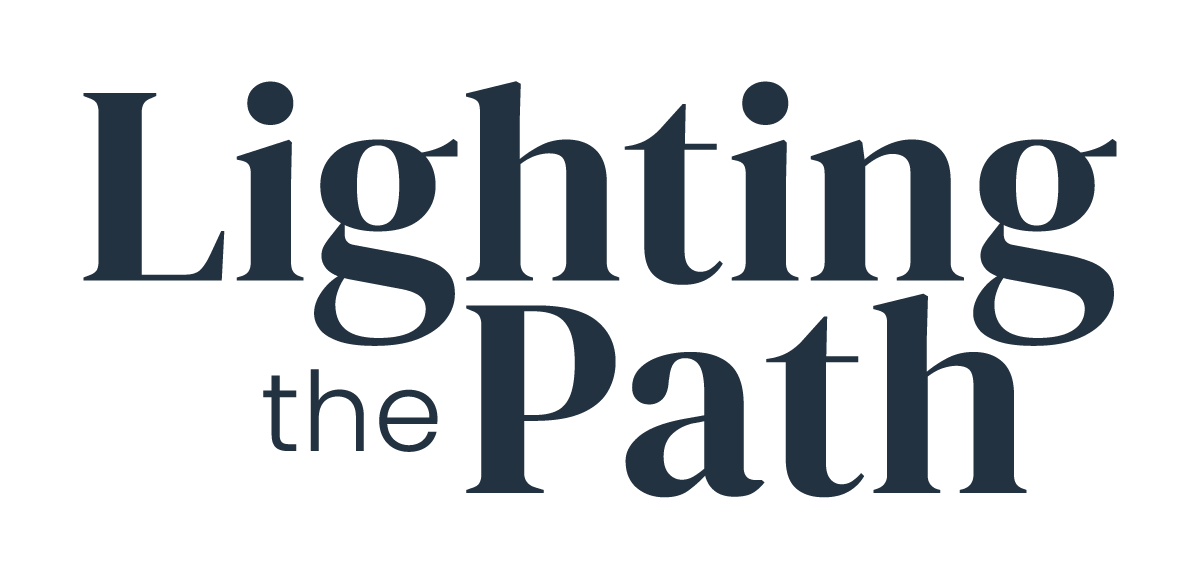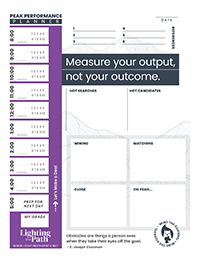Have you ever went out on a limb and hired someone based on a gut feeling? I join a well represented club of leaders who have attempted to play Solomon, supposed one of the wisest in ancient biblical history, and hire at times based upon some form of gut feel.
How do you respond when one of the most highly regarded recruiters and trainers in the search industry tells you that one of the biggest mistakes we make in the employee selection process is over trusting our gut? You ask more questions and listen. I met with Jenifer Lambert, Vice-President of Talentum Search, Partners Division, one of the leading executive search firms focused on top tier sales talent. Jenifer has become one of the leading voices in the country in staff selection and retention.
According to Jenifer, we must focus on the fact that the better performers demonstrate with both words and actions showing they possess emotional intelligence in finding a way to get the results they want. They expect themselves to be successful and maintain a high level of accountability.
She went on to explain that selection centers on determining what is actually in the person, not what you hope or want to see. “The best way to ferret out who is in the top quartile of performers is to look for repetitive, consistent performance or results in their background and in the way they interview with us”. So if we are in pursuit of the upper quartile in the talent pool, why do we rely on gut feelings to hire or cause us to eliminate someone from consideration?
Gut feelings seem to spring up in one of three categories:
- Falling in love too early in the process.
Our connection with people drives most of the hiring decisions made. Granted interview questions will attempt to focus on can the candidate demonstrate the skill level to meet the needs of the company. I have repeatedly witnessed decisions to hire based on alma mater connections or common fascinations with sport teams. It almost seems like pheromones floating in the air can make us enamored like school kids, causing our guard to be lowered. Our analysis stays on the superficial, taking responses at face value instead of peeling data back to substantiate what we are hearing. - The interview process does not have sufficient length and steps to allow for observations to be made under different light, varying circumstances. Haste to meet deadlines such as filling the shoes of an incumbent leaving the desk open for an unacceptable period may shift us into someone is better than no one. Think of a person that you wish you had not brought on board and the trauma it caused. Someone who is out of sink with the rhythm of the office can create havoc that could take months to resolve.
- Our emotion of what can go wrong pushes our gut, trying to signal to our instinct that there is potential problems awaiting the hire. I have found that the cure for this is to isolate what questions you might have and develop a plan to have more information. The only way to soothe the gut feeling is to bombard it with information.
As we discussed options to bring more clarity to the process here are three simple tips to consider:
- Are they prepared when they walk in the door? Given technology today, there is no excuse for not being aware of your company, the industry and most important, you. Interview them on specifics on your website at a minimum. How much time did they invest before they walked in your door? What do they demonstrate? Do they show they care on the first date? If they don’t, it doesn’t get better after you are married and they start work.
- What questions do they ask? You want to see someone’s brain work, look for the questions, not the answers. Questions reveal the effort someone is willing to put forth, showing you the depth of their knowledge or understanding of their field of competence. Anyone can explain why they left a job, or describe responsibilities they’ve held in the past. Look for someone who shows up willing to show you how much they know and care by asking about problems you may be facing, causing a need to hire. How much do they demonstrate an understanding of the area of responsibility they will be assigned through their questions?
- Can they show what they have learned from past successes and disappointments? My favorite tip from her was to ask for three disappointments they experienced and what did they learn from each. Don’t stop after one, keep asking for example. You want people who think in terms of why and not just how? The repetitive part is to get inside their head and heart, in a way that is trying and difficult. This will wear down the defenses somewhat and offer a more clearly defined picture of who they are.
As leaders we want to be able to predict, see down the road as well as just the next corner. Gut instinct can offer guidance, but only to areas that need to be pursued, not run from. Remember the role of interview is to search for fact which supports or confirms emotion. Retention begins with the interview, not the pay check.
Next week we’ll look at feedback from the survey responses on best (and worst interview questions).




